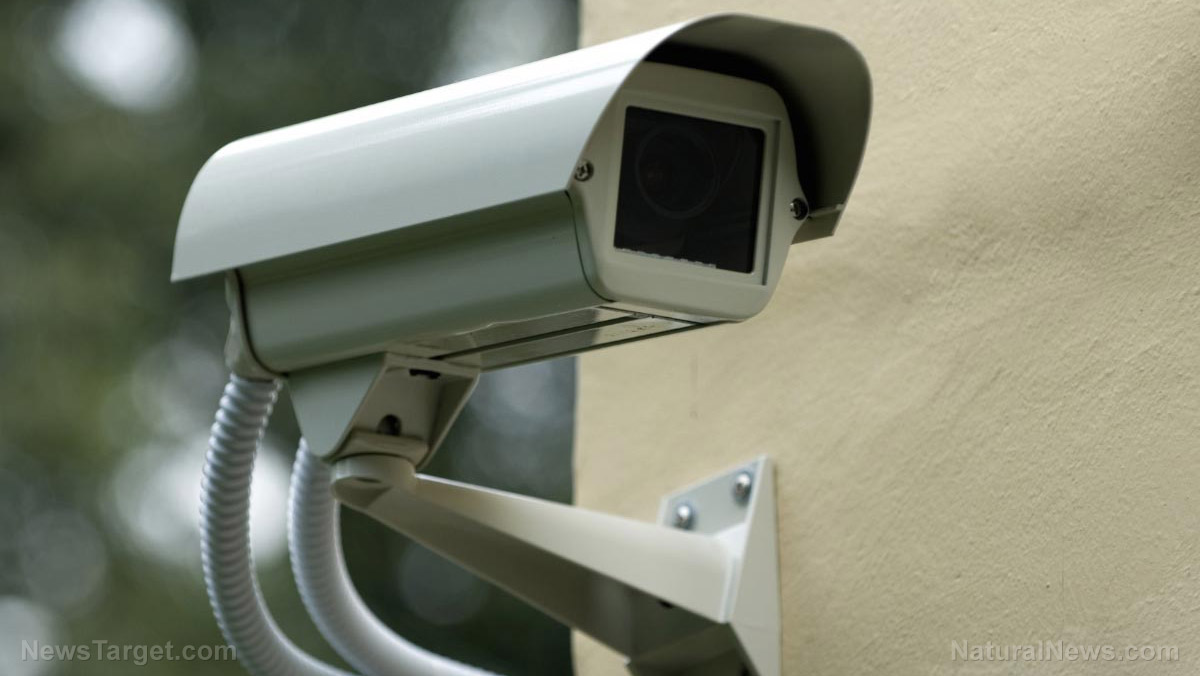Italy bans smart glasses, facial recognition tech after watchdog rebukes local government trials
11/17/2022 / By Belle Carter

Italy has prohibited the use of facial recognition systems and smart glasses after the country’s Data Protection Authority (DPA) rebuked the two local government units that piloted their use – the cities of Lecce and Arezzo.
The moratorium will be in place until a specific law is adopted or at least until the end of next year. The exception is when such technologies play a role in judicial investigations or the fight against crime.
“The moratorium arises from the need to regulate eligibility requirements, conditions and guarantees relating to facial recognition, in compliance with the principle of proportionality,” the DPA said in a statement.
Lecce was said to be planning to roll out facial recognition technology, while the city government of Arezzo wants to equip its police force with infrared smart glasses that could help recognize car number plates.
The agency explained that under European Union and Italian law, the processing of personal data by public bodies using video devices is generally allowed on public interest grounds and when linked to the activity of public authorities.
However, municipalities that want to use them have to strike “urban security pacts” with central government representatives. The order included the city of Lecce to provide a description of the systems adopted, their purpose and legal basis and a list of databases accessed by its monitoring devices.
Facial recognition is used to confirm a user’s identity, whereas smart glasses are said to be helpful for visually impaired people as they can benefit from the artificial intelligence that comes with them. These devices can extract different kinds of information from images and then speak it back to users.
Italy already banned video surveillance systems with facial recognition
The Italian Parliament has already introduced a moratorium on video surveillance systems that use facial recognition technologies. In December 2021, it issued a temporary ban on private companies that use these systems in public places or places accessible to the public.
The civil and human rights organization European Digital Rights (EDRi) wrote on its website: “This moratorium is an important achievement [as] it recognizes the dangers posed by technologies such as facial recognition to people’s rights and freedoms. The moratorium will be in force until Dec. 31, 2023 at the latest, unless a new law is introduced on the subject of biometric surveillance before that date.”
According to the prohibition, shops, sports halls and public transport will not be allowed to use video surveillance systems with facial recognition. They face administrative fines similar to those in the General Data Protection Regulation if they would not comply.
It also applied to public authorities, such as municipalities and other government departments, but there are major exemptions, such as when used by judicial authorities, public prosecutors and law enforcement agencies.
The 2021 order mirrors the regulation on artificial intelligence proposed by the European Commission which creates broad exceptions with regard to police and judicial activities.
EDRi believes the only acceptable solution is to call for a ban on the use of all biometric mass surveillance technologies, extended to all subjects and not limited to facial recognition only. (Related: EU proposing legislation to restrict facial recognition tech and “high-risk” artificial intelligence applications.)
Visit PrivacyWatch.news for more news about government surveillance of private citizens through technologies.
Watch this video that explains privacy laws in relation to facial recognition systems.
This video is from the DJ BabyCole channel on Brighteon.com.
More related stories:
Canada intensifies airport surveillance with digital identity and facial recognition systems.
Mastercard rolls out payment system that uses FACIAL RECOGNITION technology.
Sources include:
Submit a correction >>
Tagged Under:
artificial intelligence, big government, Data Protection Agency, EDRi, Facial recognition, future tech, General Data Protection Regulation, Glitch, moratorium, national security, Orwellian, privacy watch, smart glasses, surveillance, urban security pacts, watchdog, watched
This article may contain statements that reflect the opinion of the author
RECENT NEWS & ARTICLES
COPYRIGHT © 2018 WATCHED.NEWS
All content posted on this site is protected under Free Speech. Watched.news is not responsible for content written by contributing authors. The information on this site is provided for educational and entertainment purposes only. It is not intended as a substitute for professional advice of any kind. Watched.news assumes no responsibility for the use or misuse of this material. All trademarks, registered trademarks and service marks mentioned on this site are the property of their respective owners.

















